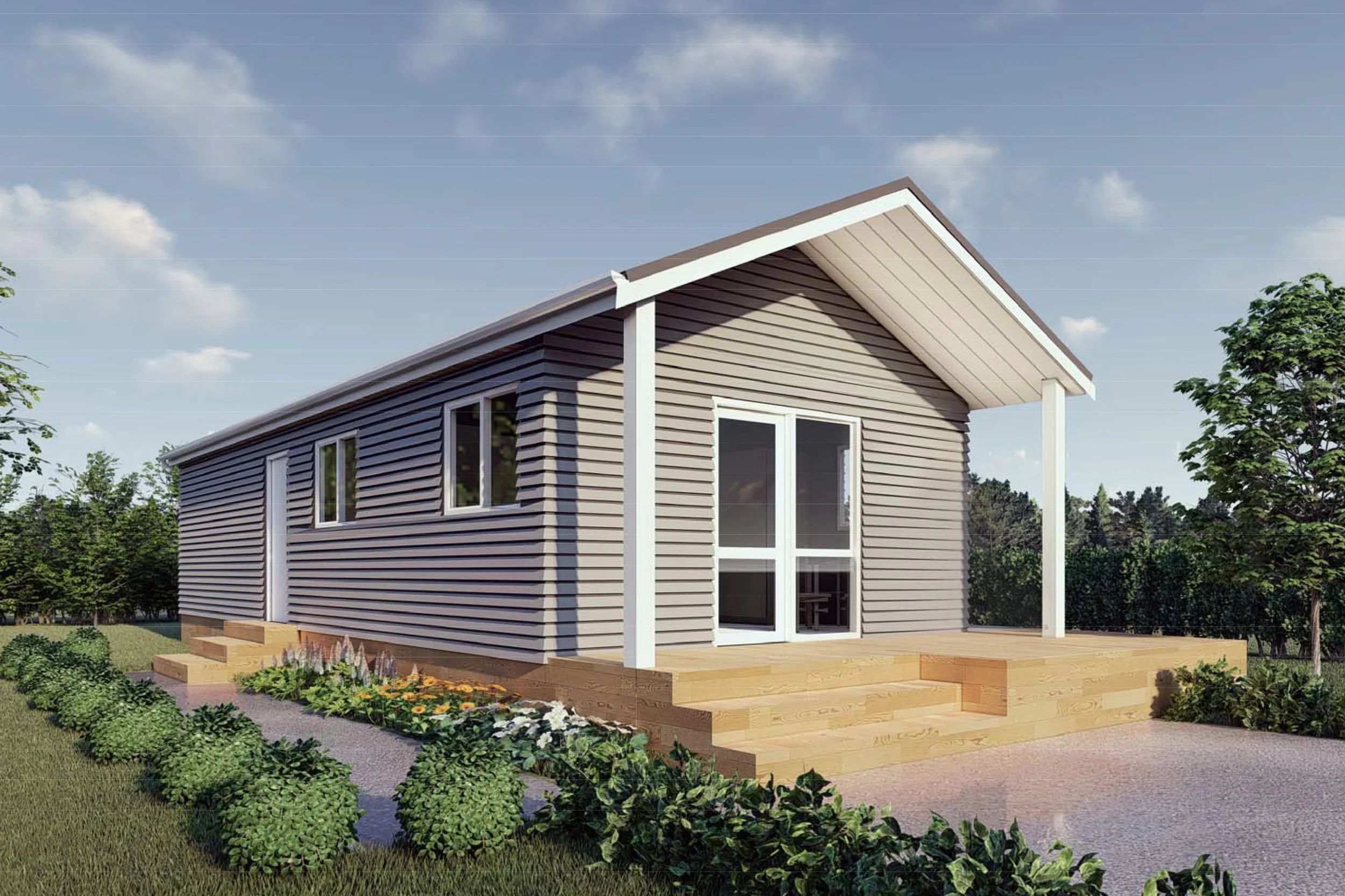What’s the difference between investing in commercial property versus residential property?
How well do you know the difference between investing in commercial property and residential?
You might know there are some, but you may not know exactly how they impact investors.
Clearly, it’s worth having a good understanding of the pros and cons of both before you start.
These are some of the key points to be aware of:
1. Lending
For lenders, the maximum LVR for commercial real estate is usually 65%. This means you’ll need at least a 35% deposit.
For residential properties, buyers can have a deposit as low as 10%, although this is higher for investors.
2. Due diligence
Investors typically do much more due diligence into a commercial property than residential.
Seismic checks, tenant covenants and building condition reports are all standard checks before confirming a commercial purchase, but you probably haven’t done these for a residential property.
3. Tenant management
Becoming a commercial landlord is different to having residential tenants. Commercial tenants have different obligations, such as paying for building maintenance, repairs and other costs.
Commercial buildings are more likely to have multiple tenants, which can complicate tenant management. A property manager can help with this.
4. Returns
The tenant has a huge impact on the value of a commercial property. A successful business is a much better commercial tenant than an unsuccessful one, whereas the ‘quality’ of a residential tenant doesn’t impact the profile of the investment in the same way.
Commercial tenants tend to sign longer term leases, which makes for a higher, more reliable return on investment.
However, it’s often easier to replace a residential tenant than a commercial one. If the tenant’s business fails, or if they move, the property is more likely to be vacant for a period of time.
5. Risk
Different types of commercial property have different risk profiles. While there are pros and cons to each type of investment, generally, commercial property is considered less risky than residential because long term tenants offer more stable cash flow. In saying that, as mentioned above, it tends to be easier to find new residential tenants compared to commercial ones.
The main groups of commercial property to consider are:
- Heavy industrial – factories, distribution centres and large warehouses, typically located on the outskirts of a city or town
- Light industrial – usually a workshop or small warehouse with a showroom and/or reception at the front
- Retail – a multi-storey building or mall, a block of shops or an individual property, either on the street or within a retail complex
- Offices – anything from a small property to a building that’s designed for office workers; these sometimes include retail space on the ground or lower floors
- Short-stay accommodation – motels in a wide range of sizes, rural pubs, serviced apartments backpacker lodges, hotels and luxury retreats
That’s just a brief outline on some of the important factors to consider when purchasing commercial property.
If you’re considering purchasing a commercial property and would like more information, contact NZ Legal by completing the form below.
.png)





